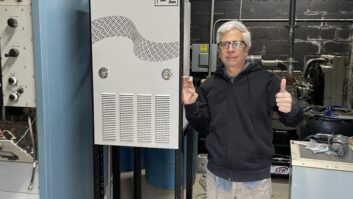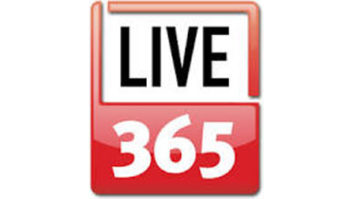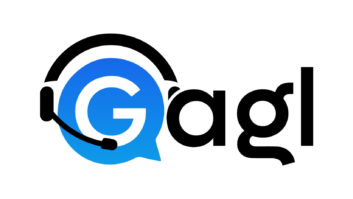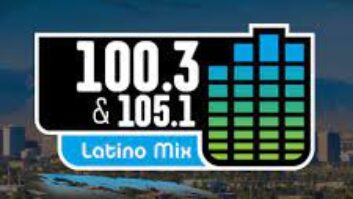
Primosphere, one of the original six applicants for S-DARS spectrum back in 1992, finally is getting back most of its $140,000 in applications fees it paid in attempts to win authority to launch and operate satellites in the digital audio radio service.
When Primosphere lost out in the license game to the companies that eventually became Sirius and XM, it went through several appeals of the decision by the Federal Communications Commission. Then at one point in 2004, it told the agency it wanted to withdraw its request for a review, but the commission didn’t act on that request.
Fast forward to 2007, when I last wrote about Primosphere’s case. That’s when the company told the FCC that its original bid for an S-DARS license remained valid and it wanted its application to be considered at the same time the commission was reviewing the merger from XM and Sirius. If the merger was approved, Primosphere said then, it wanted a slice of S-DARS spectrum and was prepared to build and launch “its own satellites and market its own service.”
During this whole time, Primosphere wanted its money back. The FCC’s Office of the Managing Director originally denied Primosphere’s request for a refund of the $140,000 because the request came nearly seven years after the S-DARS licenses had been awarded. Primosphere argued it shouldn’t have been expected to seek a refund until it exhausted its appeals. Primosphere pointed out that two other original bidders whose applications were also dismissed, Sky-Highway and Digital Satellite Broadcasting Corp., received refunds.
DSBC received a 90% refund because the commission had begun to process its application when the company withdrew its application. In its recent decision, the FCC said it wouldn’t grant refunds to both companies today because they asked for refunds so late in the process, but the commission elected to use its discretion, and treat DSBC and Primosphere similarly to be fair. Now it has granted Primosphere a 90% refund, or $126,000.
Not the big satellite business payoff that the company had been hoping for, of course.
This case was convoluted in part because of the regulatory environment before S-DARS licenses were granted. Originally, the FCC anticipated allocating 50 MHz of spectrum (2310–2360 MHz) for satellite digital radio and was considering three options for awarding licenses: making the band available to only the four pending applicants; making part of the band available to the pending applicants while opening the rest of the band to new applicants; and accepting new applications for the entire band.
After it received applications but before promulgating rules and awarding licenses, Congress threw the agency a curveball. In 1997 Congress directed the commission to reallocate 25 MHz of the S-DARS spectrum to wireless services. The FCC decided the reduced DARS band could support only two of the four viable 12.5 MHz grants and decided to auction the licenses.
I wonder what would have happened if more than two companies had been awarded satellite digital radio licenses. Back then, when I was covering this story and looking over the original applications, I remember all the companies promised to offer diverse programming for under-radioed areas. It’s intriguing to speculate about what might have resulted if the FCC had given Primosphere another shot in 2007.












